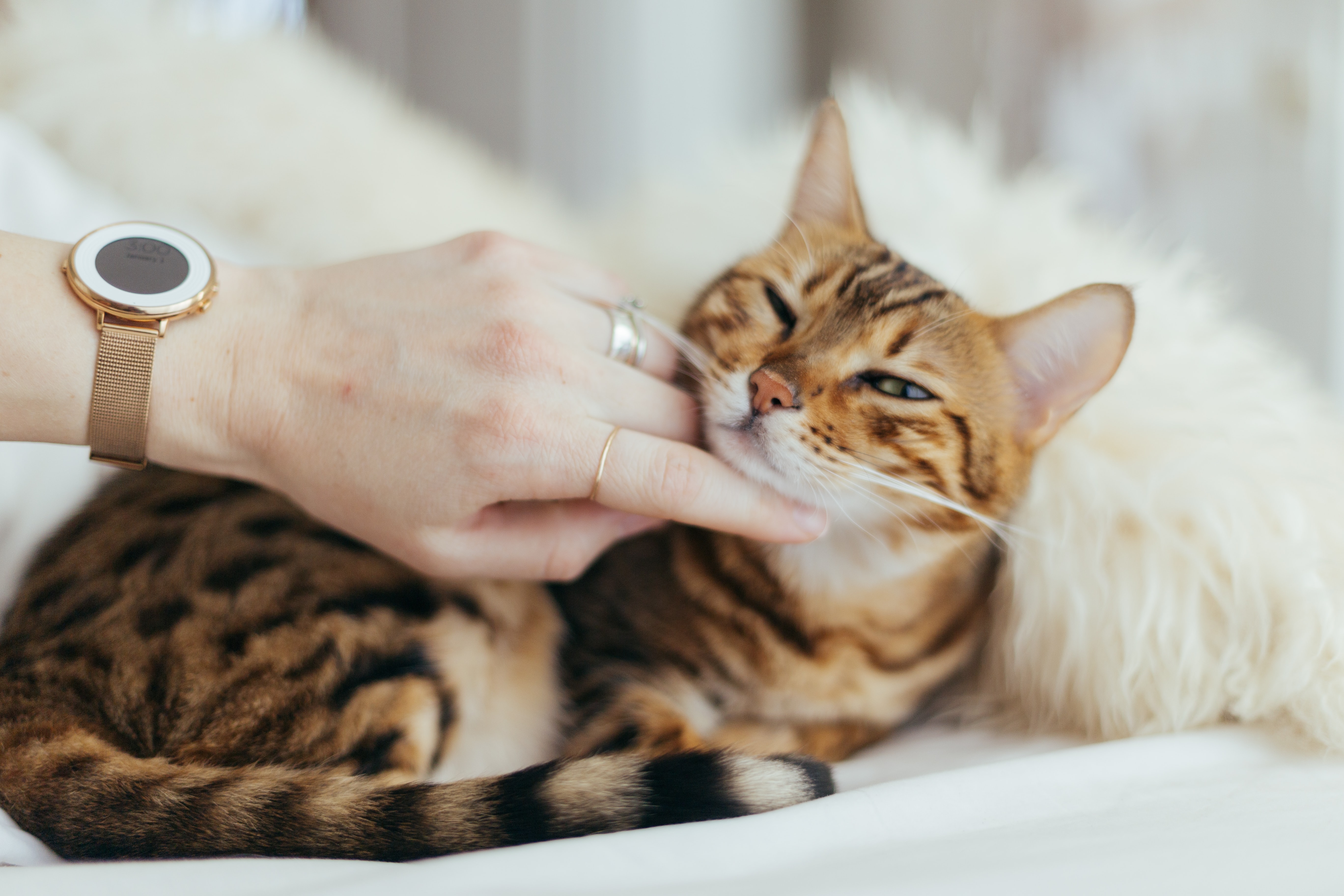Employing an affiliate marketing strategy can be especially useful during peak sales seasons like Black Friday. At this time of year, every brand is trying to break through with deep discounts and sizable media investments. A trusted third party can help your brand reach customers by extolling the value your good or service delivers.
You’ll need to push the boundaries, though. Many brands in your category may likely be using affiliate marketing, too. Just look at all of the holiday shopping guides that emerge every year. These guides often contain links that direct readers to buy those products online using UTM tags – a sign of affiliate marketing.
However, depending on your category or audience, there may be less traditional ways to utilize affiliate marketing to realize a boost in sales. Influencers can be a great way to break through.
As an added bonus, as your marketing tactics help you reach customers more effectively than competitors, you can rely a little bit less on deep Black Friday discounts to get people in the door. That means higher profit margins at a time when every dollar counts. Read these tips for affiliates.
Types of affiliate marketing
There are several main types of affiliate marketing programs that affiliate marketers can partner with. Let’s take a look at seven common ones.
1. Review sites
Brands can provide affiliate links to product review sites. Review sites may feature branded products more prominently in exchange for commissions on resulting sales. High-quality reviews also lend credibility and build trust with potential customers. Some popular product review affiliate sites include Wirecutter and Consumer Reports. High-quality reviews build reader trust and credibility for referral income.
2. Price comparison sites
Price comparison websites allow users to search for a particular product, like a TV or appliance, and see current pricing across multiple online and offline retailers. These sites make money through affiliate marketing programs when users click through their links and complete purchases. They help consumers find the best deals and lowest prices. Examples include Google Shopping, PriceGrabber, and Nextag. Brands benefit by participating in affiliate programs with these sites, which may drive more product visibility and sales through linked price listings.
3. Coupon sites
Coupon and discount code websites provide promotional codes and links for percentage discounts or dollars off at major online retailers. The coupon sites get paid an affiliate commission each time an online shopper purchases using one of their codes. For consumers, these sites make it easy to save money. Examples include RetailMeNot, CouponCabin, and Honey.
Coupon and discount code websites can be effective partners for brands looking to acquire new customers with special promotional offers. Affiliate commissions incentivize coupon sites to actively promote branded codes and deals.
4. Email marketing
Email marketing programs leverage subscriber lists to promote affiliate offers. Emails containing affiliate links are sent out to lists of engaged subscribers. This allows publishers to monetize their email lists by generating affiliate sales while providing their subscribers with relevant deals and offers. It can be an extremely effective affiliate marketing business model.
Brands provide unique links and creatives for email publishers to include in broadcasts. This expands promotional reach through trusted recommendations.
5. Loyalty programs
Major loyalty essentially function as large affiliate marketing schemes. Banks issue branded credit cards and earn interchange fees from each transaction. To incentivize card use, they offer rewards points, miles, or cash back.
However, the monetary value of these points is often less than what they cost the bank to redeem. The bank profits over time as customers accumulate points but don’t fully redeem them.
Brands pay commissions to the banks when customers use points for purchases. This encourages banks to actively promote their cards and loyalty programs. Customers see value in earning points, but banks ultimately profit the most from these affiliate partnerships.
6. Influencers
Social media influencers have become massively popular affiliate marketing partners. Influencers on platforms like Instagram, YouTube, TikTok, and Snapchat often promote products they use and love to their engaged follower base. The influencers provide affiliate links or discount codes for their audiences to purchase the featured items, earning commissions on any sales. This allows influencers to make money from their content while promoting relevant products to their followers.
7. Content affiliate programs
Bloggers and content creators can participate in affiliate marketing programs related to their niche or audience. For example, a website focused on running could promote relevant products like shoes, fitness trackers, workout clothes, and nutrition products throughout their content. When readers make purchases using the affiliate links, the website earns commissions.





